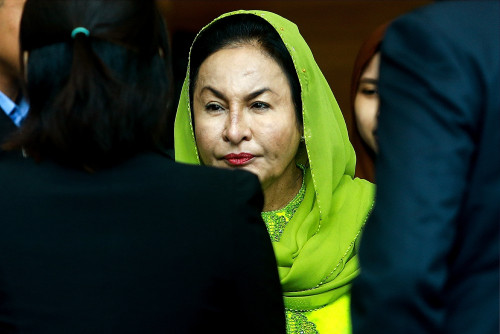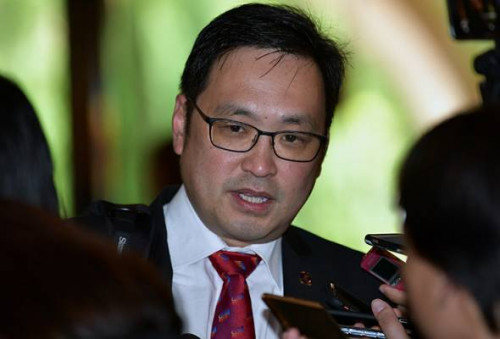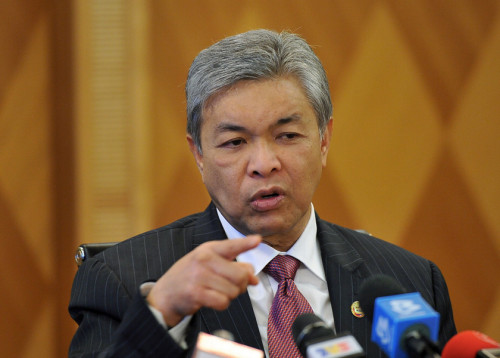KUALA LUMPUR – Budget 2023 needs to focus on mechanisms to stimulate economic growth and ensure the well-being of the people, especially in curbing the impact of inflation and the increase in the cost of living for vulnerable groups.
Putra Business School economist Assoc Prof Abu Sofian Yaacob said with global economic expectations becoming increasingly uncertain and growth prospects less encouraging, it is necessary for the budget to focus on the well-being of the people.
According to him, there is a need to provide comprehensive assistance to the people, especially the B40 group, who are facing a difficult situation due to the increased cost of living, which includes the price of goods and services.
“Most private sector workers do not have enough income, in addition to no salary increase, while some still do not receive a salary at the minimum level of RM1,500 as set by the government. I believe that setting the minimum wage is not enough for those who live in the city.
“Therefore, the government needs to look at things holistically, implement the “big picture” so that it can ensure focus and can continue to instruct the responsible agencies to play their role to take appropriate action instead of just talking but no action,” he said when contacted by The Vibes’ sister portal Getaran.
Abu Sofian also suggested the government deal with the issue of rising prices of goods by ensuring that consumers are not exploited and, at the same time, guaranteeing business continuity.
“Do not increase the price of raw materials such as chicken, eggs, rice and daily necessities.
“This is the issue that the government should focus on, if you don’t want to reduce it, maintain the existing price.
“In terms of food security, the government can focus on the agricultural sector so that prices remain competitive while still being able to be lowered. Don’t expect full reliance on import only, when the focus should be on the local supply in the country,” he said.
He also opined that it is time for the government to reduce electricity and water tariffs, in addition to providing various initiatives to attract people to utilise public transport, which can reduce the cost of living for the people.
According to Abu Sofian, attention should also be paid to encouraging foreign investors as well as local investments involving small and medium enterprises, such as the use of automation and digitisation.
“At the domestic level, it is easy to set up a company, especially those owned by youths, if they want to run a business.
“These people should be led and given help from government agencies such as the National Entrepreneurial Group Economic Fund.
“For foreign investors, all government bureaucracy needs to be eliminated by speeding up the application of foreign companies that have the potential to provide additional income to the country and create job opportunities for the people and obtain technology sharing from them,” he added.
In the meantime, Universiti Kebangsaan Malaysia political analyst Jamaie Hamil is of the view that the government also needs to focus on the civil service and reveal what alternative measures the government can take without the people having to withdraw their Employees’ Provident Fund savings.
With that focus, he said, the prime minister can temporarily postpone unnecessary and mega-sized infrastructure development in order to help the people through Budget 2023.
“Various subsidies such as fishermen, farmers or tappers are prioritised by the government, and for those who are not involved in that sector, they expect subsidies to be able to lower the prices of basic goods and raw materials. Therefore, development, as done by the previous government, is not suitable to be implemented at this time.
“Although it is difficult for the government to satisfy various parties, with the uncertain economic situation and the country’s finances not allowing it, the prime minister needs to have fresh ideas, especially in reducing the cost of living because the matter involves all layers of society,” he said.
Meanwhile, the National Society of Skilled Workers secretary-general Mohammad Rizan Hassan expressed hope that Budget 2023 can implement initiatives by investing in developing skilled human capital through training and vocational training (TVET) instead of expecting it to be developed entirely by industry.
At the same time, the prime minister, he said, also needs to find various methods and alternatives to opening the eyes of more industry leaders who continue to hold negative stereotypes about the perception and ability of youths in terms of productivity, attitude and skills.
“All parties acknowledge that the youth have great talent and potential, including boosting the national economy through a skilled workforce, but how do the industries take proper advantage of the energy, enthusiasm and commitment of the youths?
“The key to this question is how important is collegiality between youths and adults.
“The collegiality will be presumed a mistake if the industry assumes that the benefits and partnerships are focused on the youth, whereas it is the youths’ efficiency in the workforce that ultimately reflects on them as important contributors.
“If this is done, the prime minister’s desire for industries to be TVET leaders will have a big impact and change the training landscape in Malaysia,” he said.
Prime Minister Datuk Seri Anwar Ibrahim, who is also finance minister, is scheduled to retable Budget 2023 in the Dewan Rakyat today.
The retabling of the annual budget comes following Budget 2023 presented on October 7, last year, which could not be debated and approved following the dissolution of Parliament to make way for the 15th general election.
When tabled for the first time, the budget was deemed the largest and highest allocation in the country’s history at RM372.3 billion. – The Vibes, February 24, 2023



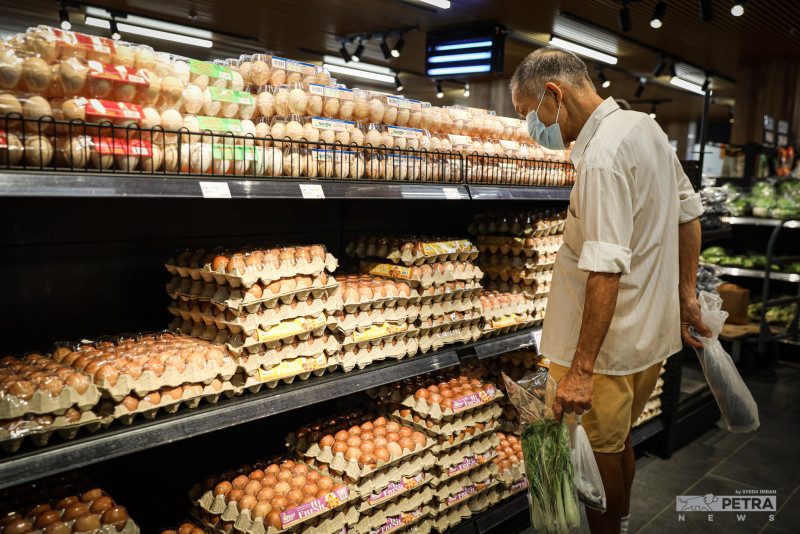
.jpg)
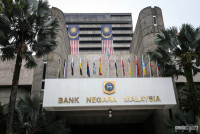


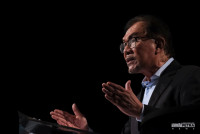
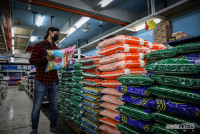
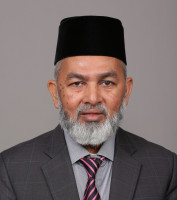




_president_Muhammad_Azlan_Abas-Najjua_Vibes_pic.PNG)



_president_Muhammad_Azlan_Abas-Najjua_Vibes_pic.PNG)

